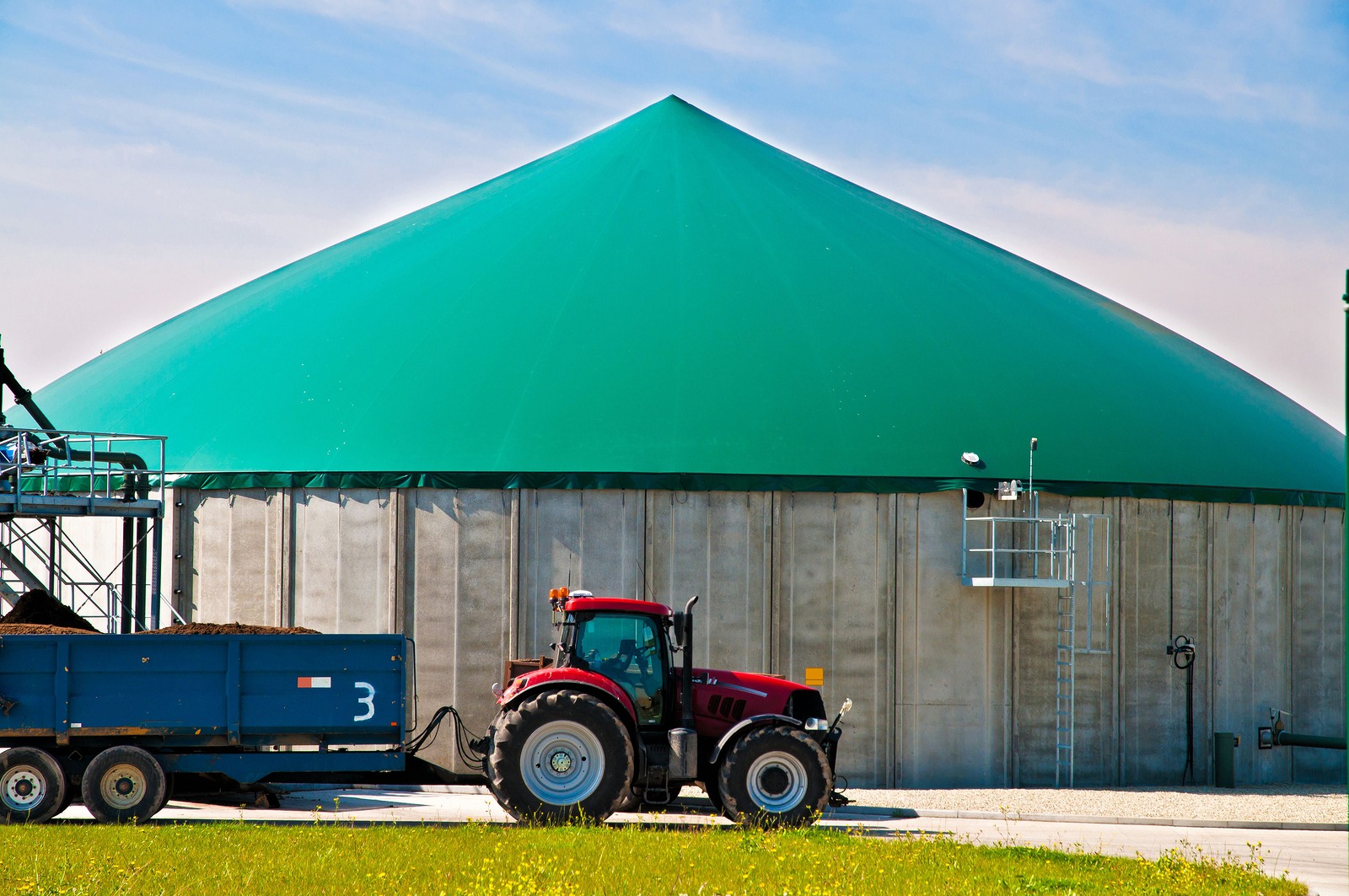EBA welcomes biogas focus in EU Methane Strategy

The European Biogas Association (EBA) has welcomed the “holistic approach” of the Methane Strategy to accelerate the reduction of methane emissions using biogas and biomethane.
The new EU strategy acknowledges the high potential of biogas to reduce methane emissions in agriculture and boost rural development.
The EBA described the Methane Strategy as a “fundamental step” to ensure this reduction and achieve climate-neutrality by 2050. According to the EU Executive body, 53% of emissions caused by human activity come from agriculture, followed by waste (26%).
Agricultural emissions are avoided when methane emitting feedstock, such as manure from animal farming and biowaste, are treated in a biogas plant. In a biogas production facility, methane is captured and utilised instead of being naturally released into the atmosphere during manure storage.
The support for biogas production from agricultural waste, as outlined in the Methane Strategy, is a “positive step” to recognise the role of the sector as a booster of rural development, and is an “excellent example” of sector integration, according to the EBA.
As of 2023, EU Member States are obliged to implement the separate collection of bio-waste. One of the best available recycling options is anaerobic digestion for biogas production, which delivers better environmental outcomes than incineration or landfill.
According to the EBA, the cross-sectoral perspective adopted by the Methane Strategy enhances the potential of biogas to reduce methane emissions in non-energy sectors, and provides a key opportunity to scale-up biogas and biomethane.
Susanna Pfluger, secretary-general of the EBA, said: “The Methane Strategy shows that biogas and biomethane are a key part of the solution to reduce methane emissions in the agricultural and waste management sectors.
“Biogas and biomethane can turn the re-use of waste into an opportunity, being a source of rural development and shaping our circular economy."
The new EU strategy acknowledges the high potential of biogas to reduce methane emissions in agriculture and boost rural development.
The EBA described the Methane Strategy as a “fundamental step” to ensure this reduction and achieve climate-neutrality by 2050. According to the EU Executive body, 53% of emissions caused by human activity come from agriculture, followed by waste (26%).
Agricultural emissions are avoided when methane emitting feedstock, such as manure from animal farming and biowaste, are treated in a biogas plant. In a biogas production facility, methane is captured and utilised instead of being naturally released into the atmosphere during manure storage.
The support for biogas production from agricultural waste, as outlined in the Methane Strategy, is a “positive step” to recognise the role of the sector as a booster of rural development, and is an “excellent example” of sector integration, according to the EBA.
As of 2023, EU Member States are obliged to implement the separate collection of bio-waste. One of the best available recycling options is anaerobic digestion for biogas production, which delivers better environmental outcomes than incineration or landfill.
According to the EBA, the cross-sectoral perspective adopted by the Methane Strategy enhances the potential of biogas to reduce methane emissions in non-energy sectors, and provides a key opportunity to scale-up biogas and biomethane.
Susanna Pfluger, secretary-general of the EBA, said: “The Methane Strategy shows that biogas and biomethane are a key part of the solution to reduce methane emissions in the agricultural and waste management sectors.
“Biogas and biomethane can turn the re-use of waste into an opportunity, being a source of rural development and shaping our circular economy."









 User Center
User Center My Training Class
My Training Class Feedback
Feedback












Comments
Something to say?
Log in or Sign up for free